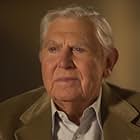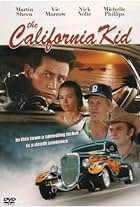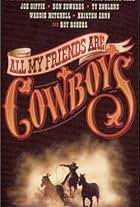In 1948, in rural Georgia, Coweta County is watched over by its legendary, indomitable Sheriff Lamar Potts (Johnny Cash). No felony had ever gone unsolved while Sheriff Potts was in charge. ... Read allIn 1948, in rural Georgia, Coweta County is watched over by its legendary, indomitable Sheriff Lamar Potts (Johnny Cash). No felony had ever gone unsolved while Sheriff Potts was in charge. In the next county, though, there is a vast estate known as "The Kingdom." It's ruled by o... Read allIn 1948, in rural Georgia, Coweta County is watched over by its legendary, indomitable Sheriff Lamar Potts (Johnny Cash). No felony had ever gone unsolved while Sheriff Potts was in charge. In the next county, though, there is a vast estate known as "The Kingdom." It's ruled by one man, John Wallace (Andy Griffith), whose power is absolute and beyond the law. But when... Read all

























